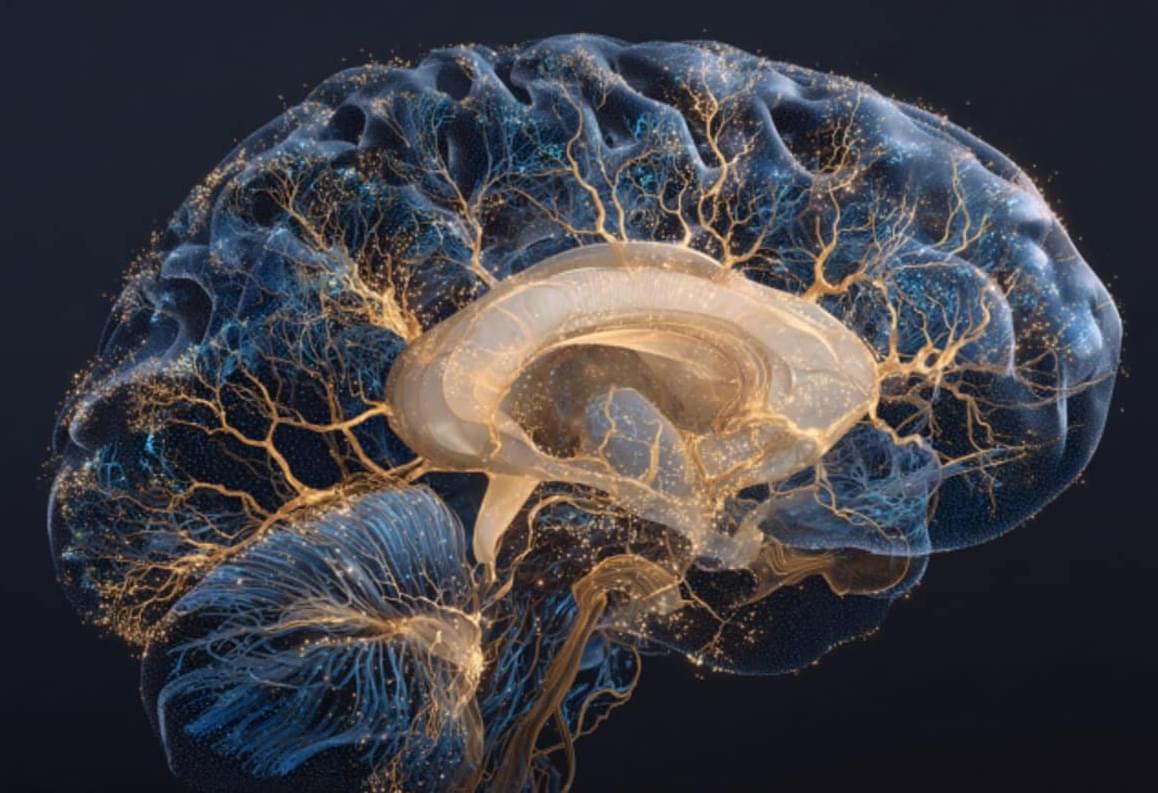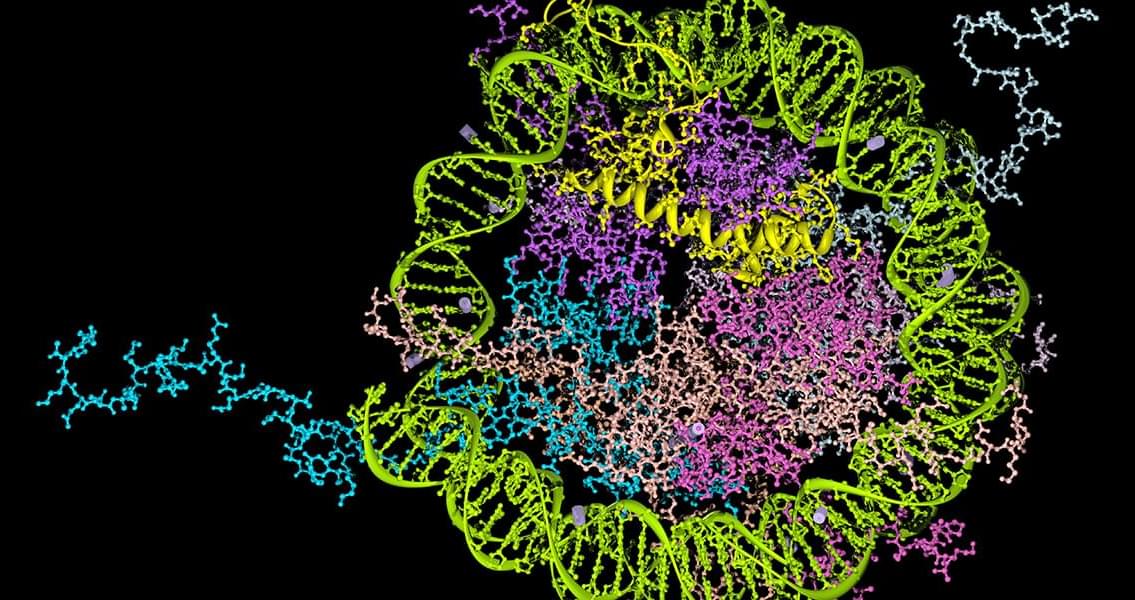By decoding neural signals linked to a person’s inner monologue, researchers enabled communication for individuals with severe speech impairments.
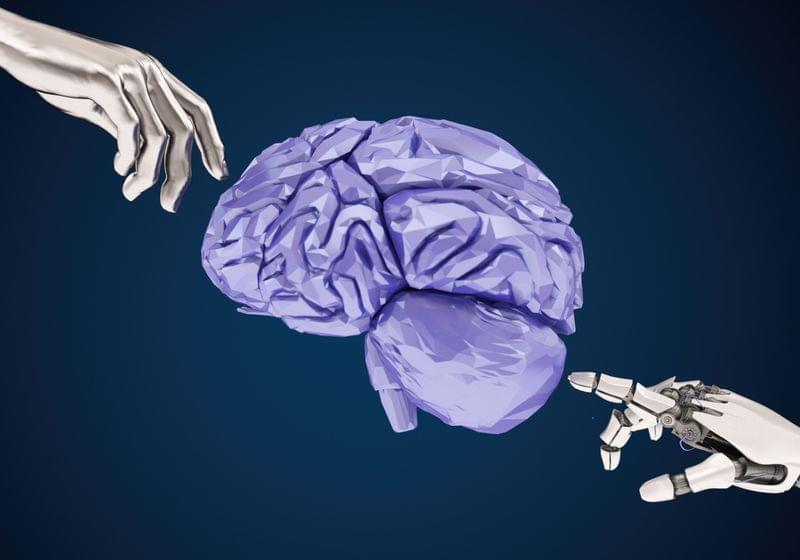


Enjoy the videos and music that you love, upload original content and share it all with friends, family and the world on YouTube.


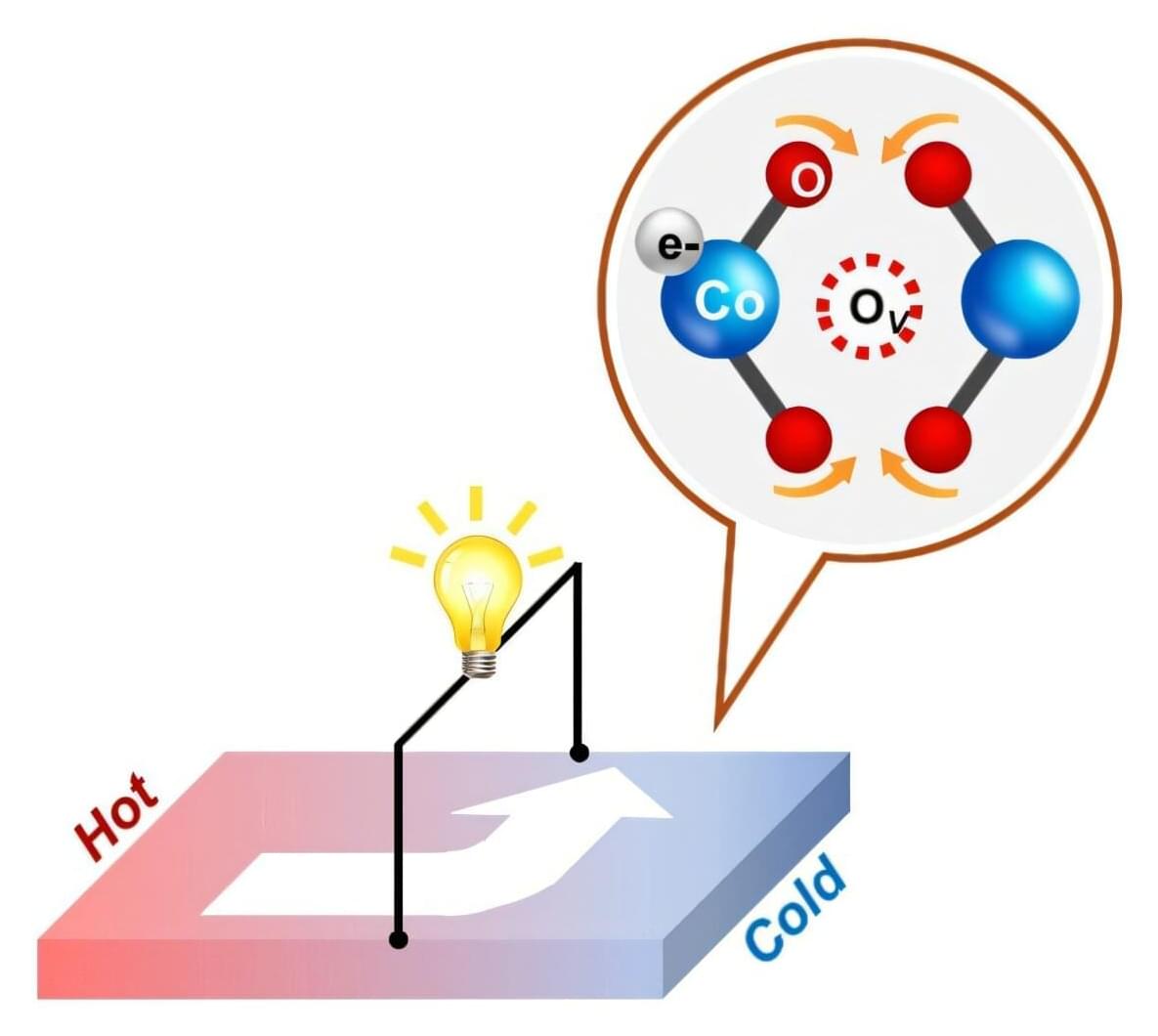
A research team has dramatically enhanced the efficiency of converting heat into electricity. The key lies in controlling tiny defects known as oxygen vacancies.
Their findings were published as a front cover article in the journal Advanced Science. The team was led by Professor Hyungyu Jin and Dr. Min Young Kim from the Department of Mechanical Engineering at POSTECH, in collaboration with Professors Donghwa Lee and Si-Young Choi from the Department of Materials Science and Engineering, and Professor Joseph P. Heremans from the Ohio State University.
Each day, enormous amounts of heat are lost around us: hot steam from factory chimneys, heat from car engines, and even the warmth generated by smartphones and computers. This waste heat is typically left unused, but if it could be converted back into electricity, it would offer a powerful solution to both energy inefficiency and environmental challenges.

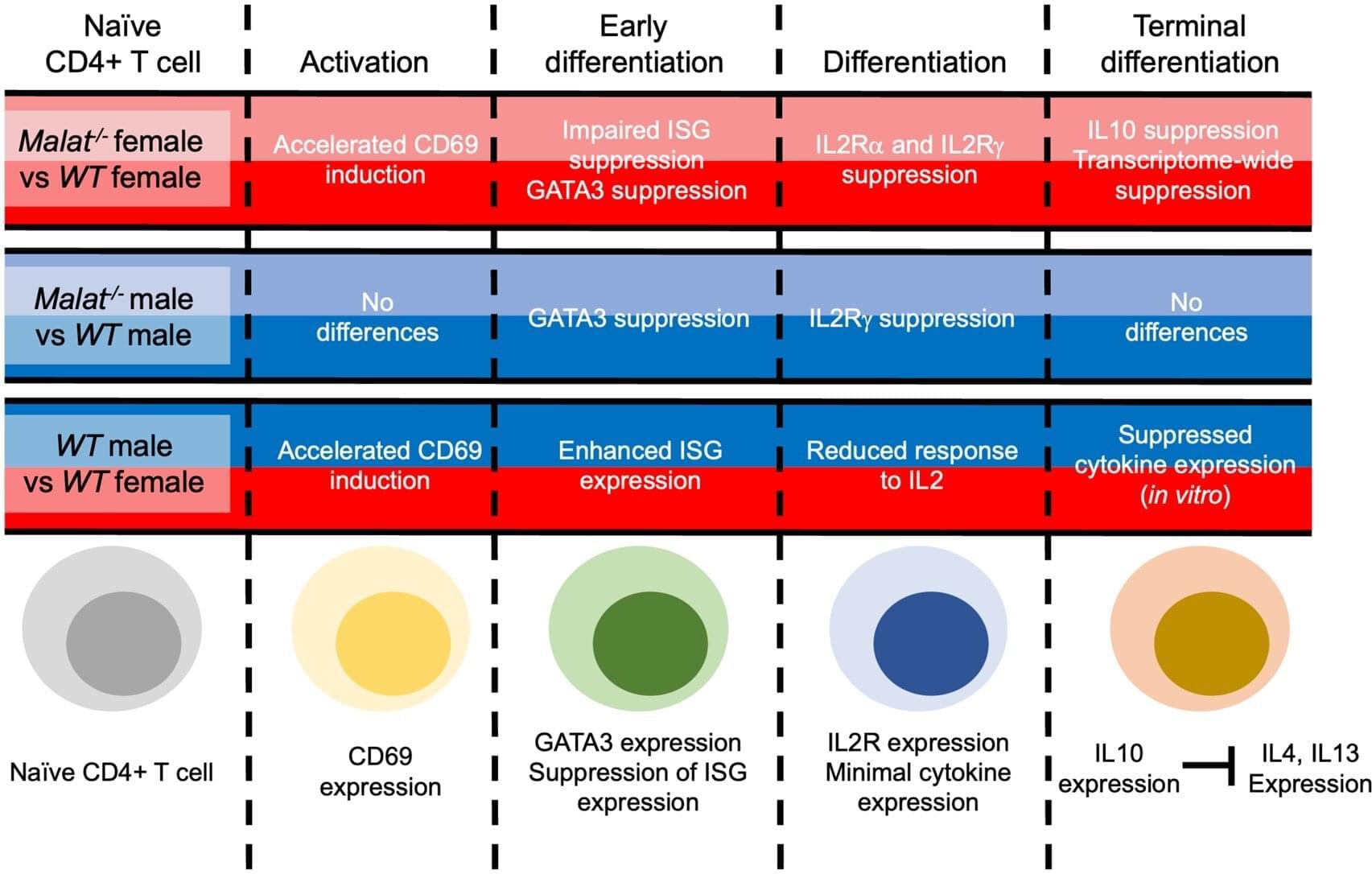
A new study has uncovered a key difference between the immune system of males and females—and it comes down to a single gene. The study is published in The Journal of Immunology.
It is known that biological sex affects the function of the immune system, with women often being more severely affected by autoimmune conditions or allergic diseases.
Scientists from the University of York have now identified the gene Malat1 as a critical player in regulating immune responses in female immune cells, but not in males.
